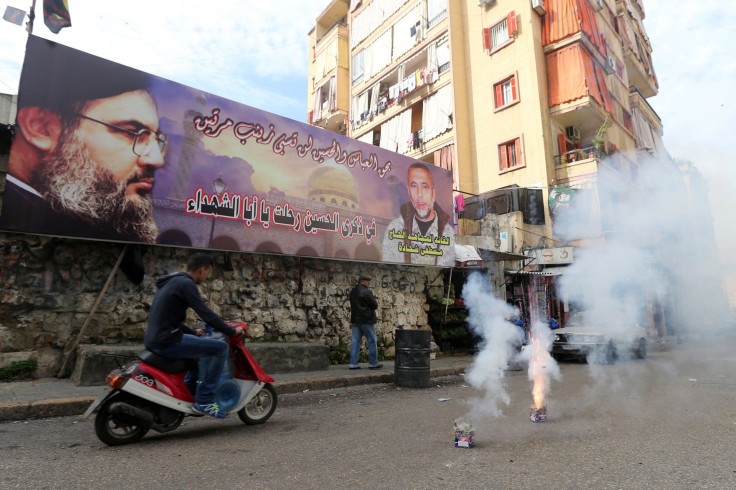CIA, Mossad Responsible For 2008 Killing Of Top Hezbollah Official Imad Mughniyah: Report

A senior Hezbollah official killed in 2008 died in an operation carried out by Mossad in cooperation with the CIA, the Washington Post reported.
On Feb. 12, 2008, Imad Mughniyah, Hezbollah’s international operations chief, was killed by a car bomb in Damascus. The investigation revealed that Mughniyah was being monitored by a CIA operations team in the Syrian capital, and the bomb was remotely triggered in Tel Aviv by agents of Mossad, the Israeli intelligence service. The United States also reportedly helped with the construction and testing of the bomb to ensure there would be no collateral damage.
“The way it was set up, the U.S. could object and call it off, but it could not execute,” an unnamed former U.S. intelligence official told the Washington Post.
The report says then-president George W. Bush, the attorney general, the national intelligence director, the national security advisor and the Office of Legal Counsel at the Justice Department all knew of and approved the attack.
Mughniyah, known as the “father of smoke” because of his elusiveness, was linked to some of Hezbollah’s most significant terror strikes, including two that killed hundreds of Americans in Lebanon in 1983, and the kidnapping of dozens of foreigners in Hezbollah throughout the 1980s, the Daily Beast reported. He was also allegedly involved in the 1984 kidnapping and murder of CIA station chief William F. Buckley.
U.S. officials say he had the highest number of kills of any militant prior to the September 11th attacks, and played a significant role in reducing U.S. military presence in Lebanon.
Former CIA Agent Robert Baer told CBS in 2002 that “"Mughniyah is probably the most intelligent, most capable operative we’ve ever run across, including the KGB or anybody else.”
The U.S. involvement in the attacks pushes the limits of American legal boundaries, due to the killing taking place in a country where the United States was not at war. The method of his assassination also raised eyebrows, with international law professor Ellen O’Connell describing it to the Washington Post as “a killing method used by terrorists and gangsters.”
The U.S. has had a ban on assassination since 1981, but terrorists have frequently been targeted due to their classification as “enemy combatants.”
Both Israel and the U.S. denied responsibility for the attacks at the time, Arab American News reported. However, Mughniyah had always been a high-priority target for both countries, since he appeared on the FBI’s most wanted list in the 1980s.
© Copyright IBTimes 2024. All rights reserved.











